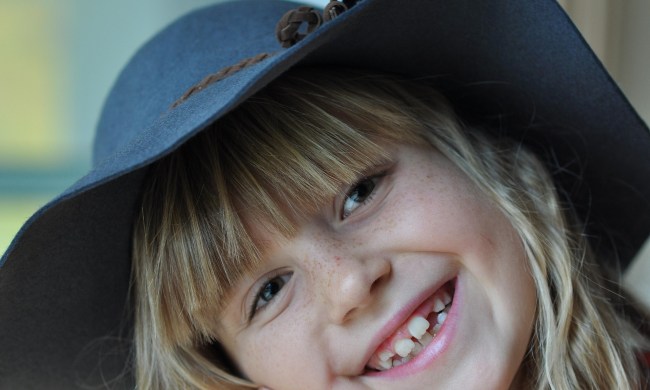Everyone always tells you to relish in the years your child is little and needs you every second of every day. Everyone tells you you’ll miss it all one day. Now, that day is here. You’ve raised your little humans. They are grown up and leaving to move to their first place or go off to college, and you’re all alone. Before (or maybe after) you grab some ice cream and put on their favorite childhood movie to have a good cry, here’s what you need to know about empty nest syndrome.
What is empty nest syndrome?

You did it! The whole purpose of having children is to raise them to be smart, independent, fully functioning members of society. If that means they move out of the house, you will find yourself an empty nester. What it means in the most basic sense is the children you have raised have left the home, and the process has left the primary caretaker with feelings of sadness, loneliness, and grief.
It more commonly happens to the mothers, as they are the majority of the primary caretakers of the kids. Scientifically speaking, the bond between a mother and child is more intense due to the child leaving some of their cells in the mother while in utero, not to mention the hormonal transfer.
The phases of empty nest syndrome

Empty nesters experience a process similar to losing a loved one. To get through it, acknowledge each stage and let it pass naturally.
Denial
There are three phases of empty nest syndrome caregivers go through. It starts with that delusional state we love to live in sometimes — denial. We don’t accept our baby is going to move out. We think college is so far off it will never happen. We want to believe our child will back out of leaving at the last minute. The caregiver doesn’t believe it will happen.
Grief
Grief will affect each person differently. You might get angry, feel betrayed, or become sad. Whatever you feel is natural and normal, but it is extremely important that you do not take it out on the child. Once you’ve gone through the process, you don’t want to have to rebuild the relationship because of something said in anger in the heat of the moment.
Acceptance
Oh, that sweet ending of acceptance. Maybe you and the child agreed to weekly Sunday night dinners to keep the relationship solid. Maybe you realized you could finally take those vacations. Accepting your child will be OK, and you will be, too, will be a great feeling for both of you.
Empty nest syndrome information

There isn’t a start date
There’s no set age for when you will be an empty nester. It is whatever age you are when your child either moves out or is an adult living with you but has a full-time job or schooling and is never home and doesn’t see you much. Whenever a huge disruption to your normal routine happens, the nest starts to look a little bare.
You might find your relationship crumble
If your children were all that kept your relationship with your partner together, with the kids gone, you might find the relationship on rocky ground. We hate to say it, but lots of couples stay together for the kids. Once those babies are on their own, the relationships don’t survive. If you don’t want that to happen to you, therapy and counseling before the child leaves will be helpful.
How to keep it together when the nest is empty

There are ways to go through the stages and come out OK during this huge life transition.
Find a new you
You had hobbies before children, right? What have you always wanted to do? The library is a great source for classes, trips, and other ways to fill your time with new interests.
Make new connections or rekindle old ones
Friends who don’t have kids may have fallen to the wayside. It happens. See if you could rebuild those adult relationships. For any friends or partners in your life now, you have the time to work harder to keep those people close to you.
Don’t forget your kids
The children are gone. But they aren’t magically not your kids anymore. Plan FaceTime calls, text them anything that reminds you of them, no matter how annoyed they say they are, or send care packages if your child moved farther away. You never stop being their parent.
The most rewarding thing is seeing your children thrive so well that they can make it on their own. It just so happens that means your job is also (mostly) done in a day-to-day sense. Know you’re not alone. Empty nest syndrome is one more phase of being a parent. But like when you didn’t know if you could do it when you found out you were pregnant, or in the delivery room — but you did — know you will be amazing at this stage, too.




